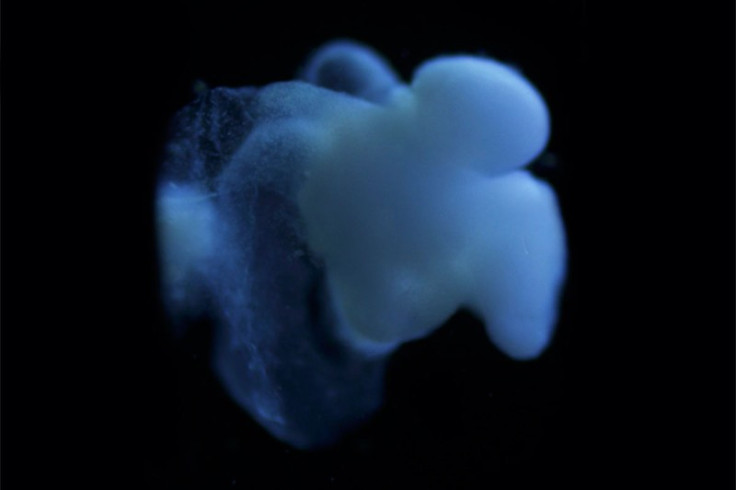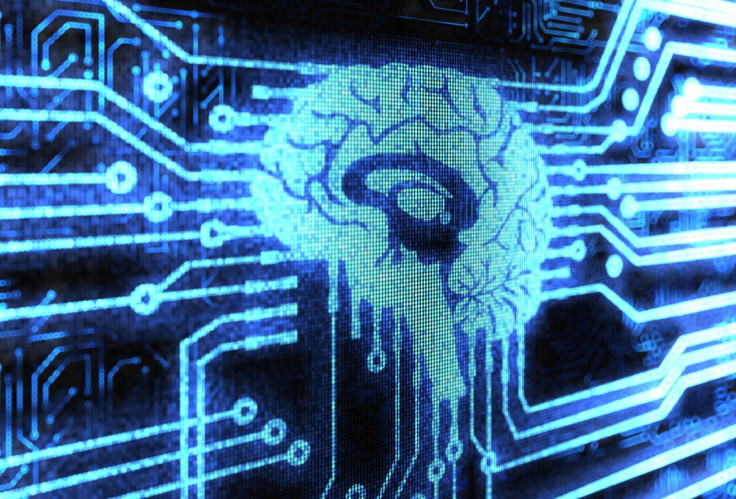Scientists cast doubt on lab-grown 'human brain' claim

A US study claiming to have grown an almost fully-formed miniature "human brain" in a lab has been questioned by scientists.
Researchers from Ohio State University claimed to have created an organoid containing 99% of the brain's diverse cell types on 18 August, saying it was the "most complete human brain model yet developed".
The pencil eraser-sized structure, which was engineered from adult skin cells using an undisclosed technique, was described to have the maturity of a five-week-old foetus, although it is incapable of thought.
Without using markers for different brain regions, the claim that [Anand] has achieved a 3D model of the brain is entirely unjustified.
Rene Anand, professor of biological chemistry and pharmacology at Ohio State, said the breakthrough would enhance scientists' understanding of developmental diseases such as autism, Alzheimer's and Parkinson's and allow more efficient testing of experimental drugs.
But scientists have cast doubt on the experiment, saying there is not enough evidence to support the claims.
Dubious claims
Christof Koch from the Allen Institute for Brain Science in Seattle says there is no evidence that the cells of the lab-grown structure are connected like neurons in human brains.
"They are a bunch of cells in a dish, like a soup," he told New Scientist.
He argued that the only way to confirm the findings would be to genetically test individual cells from different regions of the lab-grown organoid and compare them to those of a human foetus.
"There is no evidence that [Anand] has done this," Koch noted.

Jürgen Knoblich from the Institute of Molecular Biotechnology in Vienna, who grew a similar brain-like structure in 2013, said: "The fact that a [cell] culture expresses most genes present in the brain says nothing about its appropriateness as a disease model.
"Without using markers for different brain regions, the claim that he has achieved a 3D model of the brain is entirely unjustified."
Koch also criticised Ohio State scientists for rushing to publicise their findings before having them peer-reviewed.
"It would have helped Anand's case if he had followed standard scientific procedures and publish these findings instead of seeking to immediately monetise them," he said.
© Copyright IBTimes 2025. All rights reserved.






















